Ann Plato was a nineteenth century educator and author. Plato was born around 1820 in Hartford, Connecticut. There is very little known about her early life. Most of the information known about her life comes from comes from the introduction in her book that was written by Reverend W.C. Pennington, pastor of the Colored Congregational Church of Hartford, who also called her “Platoess”.
Plato was one of the first black women to publish a book in America and was the first Black woman to publish a book of essays.
She worked as a school teacher at the Black Zion Methodist Church School of Hartford. She was also a member of the Talcott Street Congregational Church in Hartford. In 1841, Plato published her only known book entitled, Essays: Including Biographies and Miscellaneous Pieces in Prose and Poetry.
The writings reflected the New England Puritan values of her environment. Topics for the essays included “Benevolence,” “Education,” “Employment” and “Religion.” The date of Anne Plato’s death is unknown.
The Natives of America
sources:
https://www.poetryfoundation.org/poems/52473/the-natives-of-america





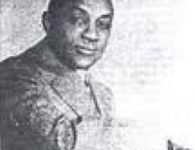
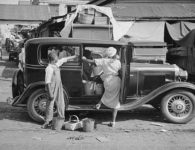

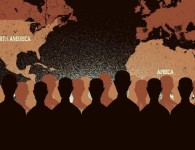
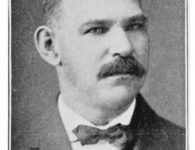
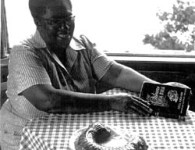
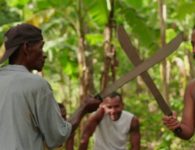
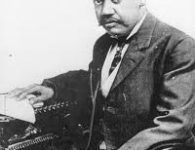

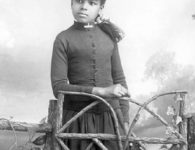
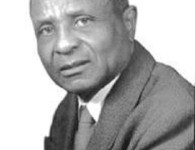
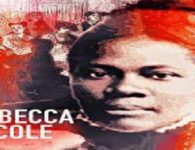

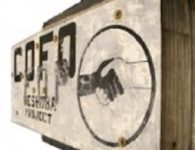
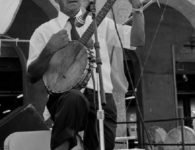

No comments